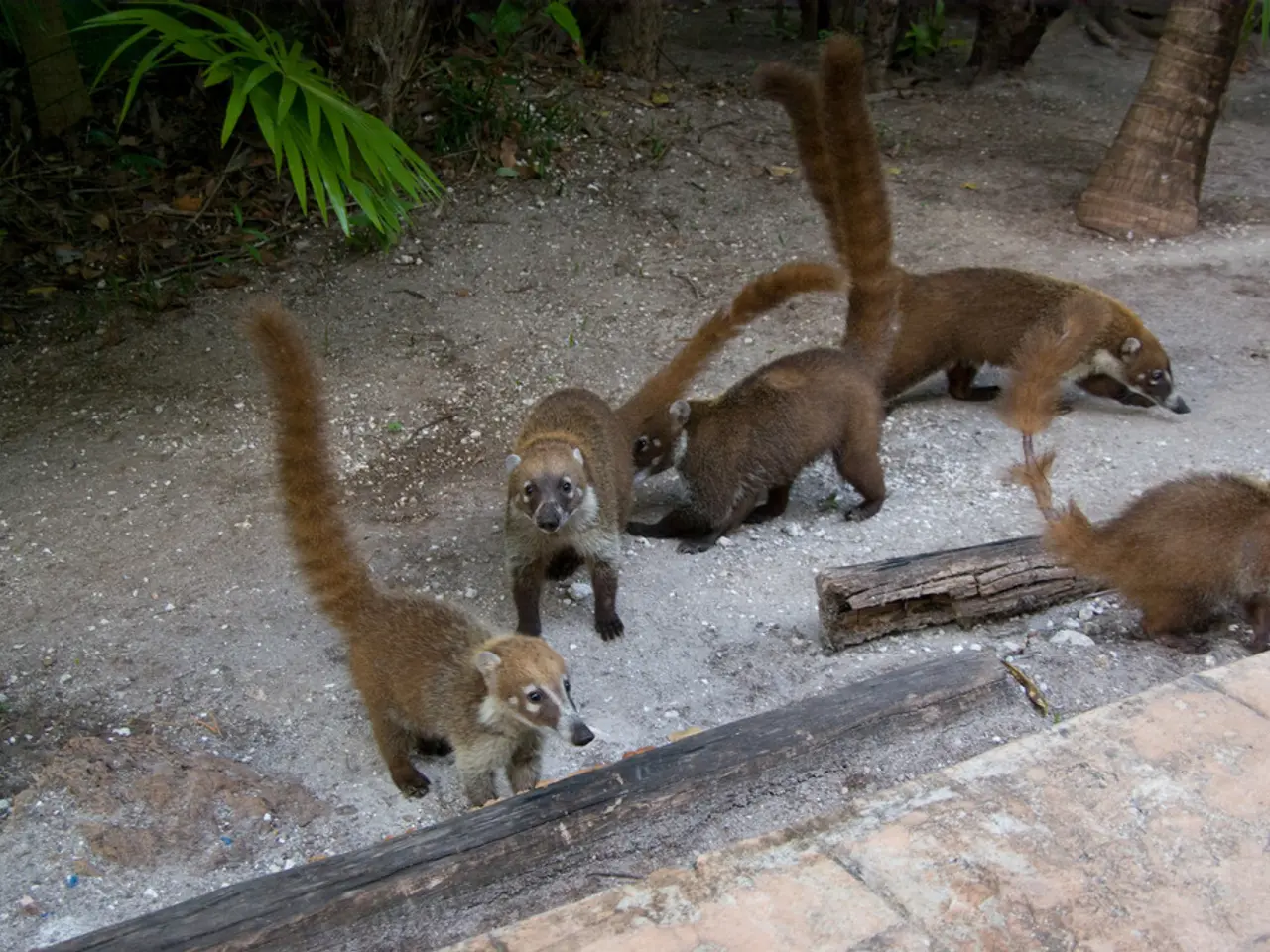Reimagining U.S. Aid: Advocating for Change and Progression
In recent years, the U.S. Agency for International Development (USAID), the U.S. Department of State, and the U.S. Fish and Wildlife Service have been at the forefront of combating illegal wildlife, timber, and fisheries trade. This fight against transnational trafficking networks has been a bipartisan effort, with counter-wildlife trafficking mainly championed by Republicans.
Under the leadership of former USAID administrator Rajiv Shah, a policy called "Forward Reform" was implemented. This policy shifted funds towards frontline groups, requiring less money and training local staff to run most operations. The Trump administration is now considering applying its own version of Forward Reform, asking Congress to go easier on compliance strings and recognising that many US agencies are already channelling support efficiently.
The development sector, however, lobbied Congress to change the rules back in 2015, resuming the flow of funds to large development companies. Over the past 10 years, USAID funding has increasingly been channelled to these profit-making entities, with the large development companies pocketing 50-70% of the contracts, which are worth between US$25 million to US$100 million.
These criminal rings are not just targeting wildlife in lesser developed countries. They are also targeting American wildlife, including bears, sturgeon, eagles, and more. The rings are linked to human, drug, and arms trafficking, and have links into the United States. The criminal rings are raking in more than $20 billion a year on wildlife trafficking alone, and upwards of $300 billion a year when including illegal logging and fishing.
The good news is that the task forces formed to stop these criminal rings are getting better at stopping all illegal trade. US foreign aid has helped prevent pandemics by stopping illegal logging and border police stopping shipments of "high risk" species. The US has provided support to lesser developed countries to reduce black market trades in wildlife, timber, and fish.
Moreover, US foreign aid programs have been attacking corruption by providing professional support to officers. International nature protection programs can have positive impacts on humanitarian, security, and health programs. All these issues are connected.
The President Donald Trump is considering lifting a court-ordered freeze on foreign aid. If implemented, this decision could further strengthen the US's efforts in tackling global nature crimes and corruption, ensuring a safer and healthier world for all. US foreign aid has been attacking corruption by providing professional support to officers, and has been used to combat global nature crimes for several decades. US foreign aid programs cost US$100,000-US$2 million over several years and have been paying off at a negligible cost to US taxpayers.
Read also:
- Peptide YY (PYY): Exploring its Role in Appetite Suppression, Intestinal Health, and Cognitive Links
- Toddler Health: Rotavirus Signs, Origins, and Potential Complications
- Digestive issues and heart discomfort: Root causes and associated health conditions
- House Infernos: Deadly Hazards Surpassing the Flames








